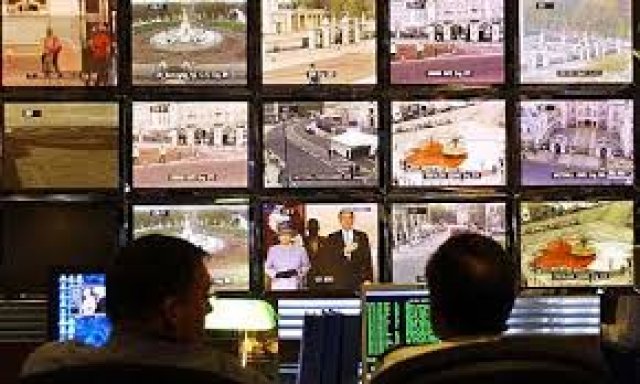
Moreland Council is proposing to install more CCTV cameras in response to concerns about safety after the murder of Jill Meagher last year.
The expansion of CCTV cameras, already a civil liberties concern, would do little to make women safer on the streets at night.
As part of this law and order agenda, the state government has offered Moreland Council money to spend only on CCTV cameras. It is trying to take advantage of genuine concern about violence against women and manipulating it to persuade people to accept restrictions on their civil liberties in the false belief that CCTV cameras will reduce the threat of violence.
There are a range of measures, including improved street lighting and education in schools, that could reduce street violence.
However, the state government is not offering money for these measures.
Research demonstrates that CCTV cameras do not prevent crime. Police in Moreland have confirmed that they do not monitor cameras at all times and only look at the footage after an incident has been reported.
Cameras can help identify a perpetrator of violence after a crime has taken place. But in many cases of street violence, such as in cases of sexual assault or sexual harassment, or if a person is drunk and takes a swing at someone, the perpetrator will not be aware of, or deterred by, the presence of CCTV cameras.
There are also concerns about who has access to the footage and whether it is released to the public. There have been incidences of footage being sold to the media. In the case of the Boston bombings, many people were wrongly identified as the perpetrator of that crime, with serious consequences for their lives and reputations.
The biggest form of violence in Moreland is family violence. The overwhelming majority of sexual and physical assaults of women take place in private by someone known to the victim. Moreland has the second-highest incidence of family violence of municipalities in Victoria.
Reducing family violence would dramatically reduce violence and crime in Moreland, but CCTV cameras do nothing to reduce this type of violence.
CCTV cameras will more likely be used to harass people who graffiti, or for racial profiling. In Melbourne’s CBD, CCTV cameras are used to identify and harass people who are begging. This is fundamentally wrong.
What state governments need to do is combat rape culture — the prevailing view in society that rape is OK, excusable or able to be mitigated. As long as women are treated as sex objects and as having “asked for it,” sexual assaults will continue.
The focus should be on the prevention of violence. Some practical measures to do this include:
• A well-funded education campaign that counters misogynist views and sexist culture as well as ethnic stereotyping and excessive alcohol consumption.
• Good street lighting, including side streets and back streets surrounding late-night drinking venues.
• Affordable public transport options throughout the night.
• A community bus that visits key nightlife areas to pick people up and drop them at their door or at major transport hubs.
• Increasing funding to domestic violence, sexual assault services and vulnerable families.
• Maintaining public phone boxes on all suburban streets.
• Enforcing licensing laws and responsible service of alcohol.
• Police taking seriously reports of assaults against women.
• Establishing a community reference group for ongoing consultation and to guide implementation of the strategy with regular reporting back to the community.
[Sue Bolton is a Moreland city councillor and member of the Socialist Alliance.]